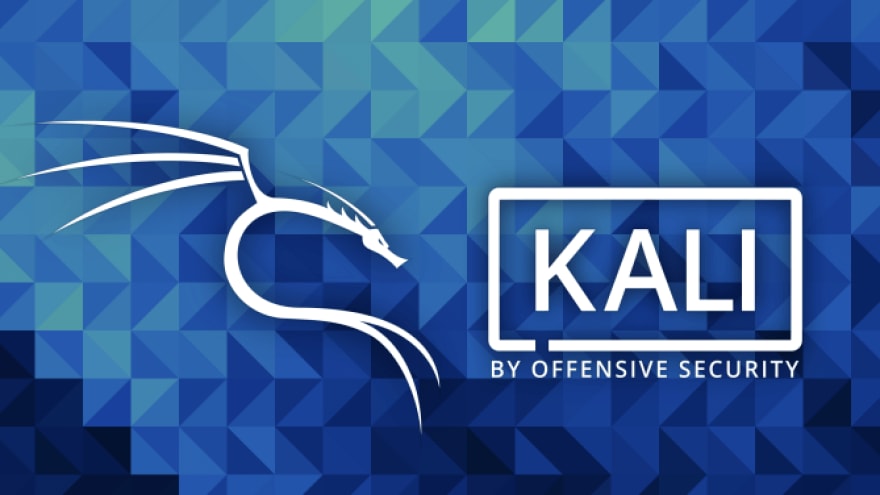
What is Kali Linux?
Kali Linux is a Debian-based Linux distribution designed for digital forensics and penetration testing. It is maintained and funded by Offensive Security Ltd. Kali Linux is packed with hundreds of tools used for various information security tasks, such as penetration testing, security research, computer forensics, and reverse engineering. It's a must-have tool for ethical hackers and cybersecurity professionals.
History of Kali Linux

- 2006: BackTrack Linux was created, laying the foundation for Kali Linux.
- 2013: Kali Linux 1.0 released, marking a new era in penetration testing distributions.
- 2015: Kali Linux 2.0 released with a new user interface and updated tools.
- 2019: Kali Linux 2019.1 introduced with Metasploit 5.0 and other enhancements.
- 2021: Latest updates continue to improve Kali Linux, making it a leading choice for cybersecurity professionals.
Features of Kali Linux
- Wide Range of Tools: Includes over 600 pre-installed penetration testing tools.
- Open Source: Fully customizable, allowing users to modify and redistribute the code.
- Multi-Language Support: Supports various languages, making it accessible to a global audience.
- Secure Environment: Developed and tested with a focus on security and stability.
- ARM Support: Can be run on various ARM devices like Raspberry Pi, providing flexibility in usage.
Installation of Kali Linux
Official Documentation to download Kali LinuxKali Linux can be installed in various ways, including as a primary operating system, on a virtual machine, or as a live system from a USB drive. The installation process is well-documented, and beginners can find step-by-step guides online. It's essential to ensure system compatibility and follow best practices during installation to maintain system security.
Kali Linux Tools
Kali Linux comes with a plethora of tools that cater to various cybersecurity needs. Some of the popular tools include:
- Nmap: Network scanner used for discovering hosts and services.
- Wireshark: Network protocol analyzer for troubleshooting and analysis.
- Metasploit Framework: Exploitation tool for developing and executing exploit code.
- John the Ripper: Password cracking tool that supports various hashing algorithms.
- SQLmap: Automated SQL injection and database takeover tool.
Here is the full list of tools from Kali's official documentation
Ethical Use of Kali Linux
Kali Linux is a powerful toolset that can be used for both ethical and malicious purposes. It's essential to use Kali Linux responsibly and within the bounds of the law. Unauthorized penetration testing, hacking, or any malicious activities using Kali Linux can lead to legal consequences. Always obtain proper authorization and follow ethical guidelines when using Kali Linux for penetration testing or security assessments.
Community and Support
Kali Linux has a vibrant community of users, developers, and enthusiasts. Various forums, online groups, and documentation are available to support users in their journey with Kali Linux. Whether you are a beginner or an experienced professional, the community provides valuable insights, tutorials, and assistance.
Forums and Online Groups: There are numerous forums and online groups dedicated to Kali Linux where users can ask questions, share knowledge, and collaborate on projects. Sites like Reddit, Stack Overflow, and the official Kali Linux Forum are great places to connect with like-minded individuals.
Documentation and Tutorials: Comprehensive documentation and tutorials are available on the official Kali Linux website. These resources cover everything from installation guides to advanced penetration testing techniques. They are designed to help users of all skill levels get the most out of Kali Linux.
Training and Certification: For those looking to deepen their understanding and skills, there are training and certification programs available. Offensive Security, the organization behind Kali Linux, offers various courses and certifications that are recognized by the cybersecurity industry.
Conferences and Meetups: The Kali Linux community also participates in conferences and local meetups. These events provide opportunities to network with other professionals, learn from experts, and stay up-to-date with the latest trends and developments in the field of cybersecurity.
Contributing to Kali Linux: If you are passionate about Kali Linux and want to contribute, there are many ways to get involved. You can contribute code, report bugs, create tutorials, or even help with translations. Your contributions not only enhance the platform but also provide a sense of accomplishment and connection to the community.